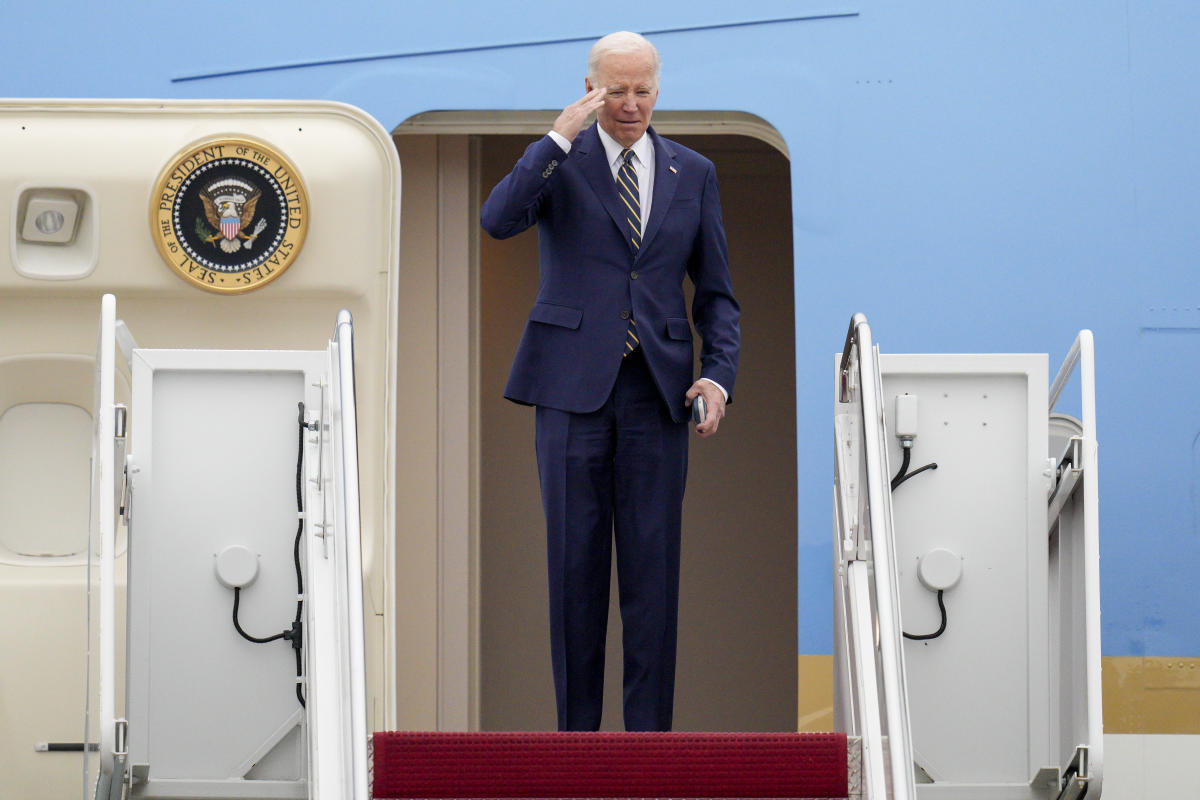#Cancer patient begs AstraZeneca for a chance at life — and wins

“#Cancer patient begs AstraZeneca for a chance at life — and wins”
Stage-four cancer patient Becca Cahill just wanted a last fighting chance at survival. Now, the 35-year-old is finally getting one — thanks to her brave persistence and an online petition with more than 100,000 signatures.
Cahill, who lives in Davis, Calif., near Sacramento, was first diagnosed with late-stage endometrial cancer in May 2017. It was just three weeks before her wedding, and she’d only experienced relatively mild symptoms such as nausea and an upset stomach. But a barrage of tests delivered shocking results.
“I asked the oncologist for my prognosis,” Cahill recalled. “She knew we lived far from our relatives and said: ‘If I were you, I would go be with your family.’”
It didn’t take much to know what she was implying.
But she tied the knot as planned, a day after receiving her second dose of chemotherapy. Over the following seven months, she lost her hair and endured a soul-crushing hysterectomy. “It was absolutely devastating,” she told The Post. “I’d very much wanted to be a mom.”

Cahill had a year’s remission, but her cancer returned in May 2019 while in nursing school. She was successfully treated with a cocktail of chemo drugs only to face a second recurrence in July 2020.
Last September, undeterred and with the support of her medical team, she pinned her hope on an AstraZeneca trial of a new drug coded AZD1775. The cutting-edge, potentially “curative” medication seemed promising as it targeted her particular mutation. The regimen, which simply involved taking tablets, worked like magic, causing Cahill’s tumors to shrink and become undetectable on a scan. “I had an extraordinary response,” she said, recalling her relief at the time.
But the joy was short-lived. After three-and-a-half months, Cahill’s platelet count plummeted – putting her at risk of stroke and spontaneous bleeding – so the doctors took her out of the trial in January 2021. “It was completely against my will and I was devastated,” she said. She pleaded with researchers to offer her a weaker dose of the medication since it would likely cause fewer side effects, but to no avail.

It took less than three weeks for the tumors to grow back with a vengeance. Standard chemotherapy failed and Cahill’s physicians initiated sensitive discussions about “palliative” and “end of life care.” She developed a blockage in her lower intestine, could only be fed through a tube and dropped in weight to just 84 pounds.

Earlier this summer, Cahill and her loved ones lobbied AstraZeneca to sign off on the administration of a low dose of AZD1775, citing the 2018 Right To Try Act. The law recognizes the needs of patients who are unable to wait up to a decade or more for the Food and Drug Administration to approve an investigative drug. Cahill’s oncology team agreed it had come to the point where she had nothing to lose.
“This is my only option for access to a life-saving medicine,” Cahill wrote in a heartbreaking letter to the company.
“This is my only option for access to a life-saving medicine”
Cahill to AstraZeneca
But her repeated requests were turned down. “It hit us hard because time is of the essence,” said her husband, Marshall Smith, a 34-year-old Coast Guard pilot.
This month, the impasse led Cahill’s family to take matters into their own hands and embark on a social media campaign with the tag line “Becca’s Right to Try.” They launched a Change.org petition to protest the company’s decision, and it has drawn more than 112,000 signatures, mostly from strangers.
The idea was for well-wishers to double down on the pressure to persuade AstraZeneca to change its mind. Mercifully, their collective persistence paid off.

In a remarkable turn of events on Thursday, July 29, within hours of The Post drawing its attention to Cahill’s mounting support, AstraZeneca agreed to give her the potentially life-saving medication for “compassionate use.”
“We are committed to the safety and well-being of all patients taking our medicines,” a spokesperson for the company said in a statement. “And we will continue to offer solutions for Becca through her doctor and care team.”
The surprise announcement immediately boosted Cahill’s hopes. “I feel optimistic for the first time in months,” she said. “It’s given me strength and a new sense of purpose.”
Smith wept as he added: “We’ve dealt with a lot of difficult emotions, so this is a surge of good news.”
The couple is cautiously optimistic about Cahill’s prognosis.
She said: “It feels like we’re pressing the reset button – a whole new start.”
If you liked the article, do not forget to share it with your friends. Follow us on Google News too, click on the star and choose us from your favorites.
For forums sites go to Forum.BuradaBiliyorum.Com
If you want to read more News articles, you can visit our News category.




